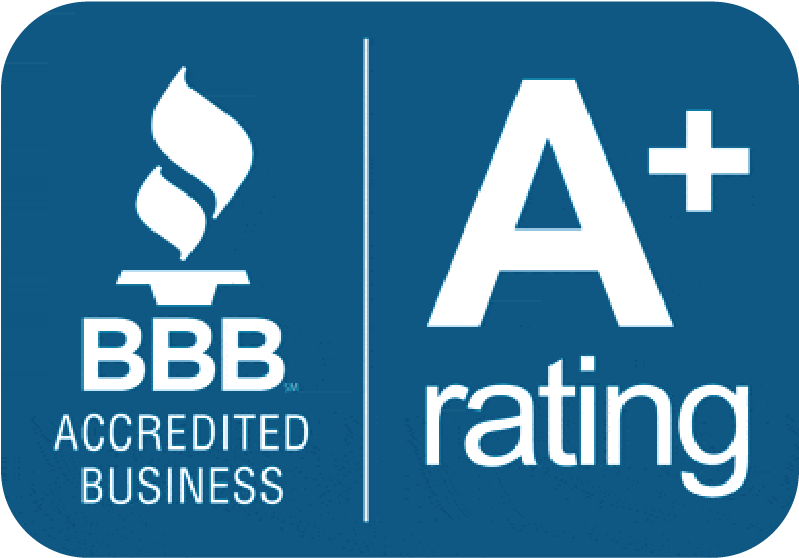
Your credit score is essential when it comes to purchasing a home or when planning on new construction. Not only does it play a major role in whether or not you qualify for a home loan, but it also helps to determine your mortgage rate and other important factors. No, your credit score doesn’t have to be flawless in order to buy a home. However, if you want to get the best arrangement possible for your mortgage, you will need to work towards improving your credit score accordingly. To help you through this process, Burnett Builders has put together some practical tips.
Make sure you’re ready.
First of all, you need to determine whether or not you are ready to own a home. A lot comes with homeownership, and buying one before you are prepared can end up causing a lot of problems. Along with finding a good real estate agent, you need to be sure that you can live in the same city or area for the next several years, plus you need to research taxes, insurance, and other costs associated with owning a home.
You also need to be fairly certain of your job security or have a plan for maintaining and growing your income. And of course, you need to consider the time, energy, and money involved with upkeeping your home and property. For additional factors to take into consideration, especially as it applies to veterans, learn about refinancing.
Last but not least, be prepared for paperwork. Buying a home is an involved process, which means you’ll fill out your fair share of paperwork along the way. If you want to keep digital versions of your paperwork, look for ways to compress a PDF online, which will allow you to keep multiple documents in a single file. This allows for easy access when and if you need to use or print out paperwork.
Check your score.
Checking your credit score is another step that you want to take early in the homebuying process. Usually, people with a score of 740 or higher qualify for the lowest mortgage rates. So, if you’re somewhere below that, you might want to improve your score! And don’t be too hard on yourself if your credit score is lower than you expected; a lot of other aspiring homeowners are in the same boat.
Address any errors.
When you receive your report from each of the three credit bureaus, it’s essential to evaluate them. Errors and inaccuracies are common in credit reports. Therefore, you will need to dispute these issues If they arise. Once you bring your issues to the attention of the credit bureaus, they will investigate your claim and make any corrections that are warranted.
Pay off everything you can.
Nothing can boost your credit score faster and more dramatically than paying off debt. This includes any outstanding debts that are in collection, as well as credit card balances. Come up with a plan for paying off as much debt as you possibly can, whether that means adding income, reducing monthly expenses, disputing credit errors, or anything else that can help your efforts. Try to get it to where you were using 30% or less of your available credit, and it can do wonders for your score.
Keep your monthly payments down (and manageable).
So you got your mortgage. That’s only half the battle — again, you want to make sure that you can sustain payments for the long term. But there are ways you can lower your home loan rate, making it more manageable. You can pay points on your mortgage, for one, which, in time, will lead to lower monthly payments.
Don’t add any other debts – with one exception
Finally, whatever you do, don’t add any more debt to your life! This means avoiding new car loans, opening new credit card accounts, and any other types of debt. Of course, you can’t always prevent unexpected expenses like medical bills and the costs of urgent home repairs. For instances like these, it can help to build an emergency fund so that you don’t have to pull out the plastic or apply for a personal loan.
However, there is one big exception. Maybe you’re thinking about going back to school so that you can work toward your business degree, but you’re worried about how that could impact your credit score. Many people think that deferring their student loans while they earn an advanced degree will hurt their credit, but that isn’t the case. In fact, earning a degree can be a fantastic investment because it’ll boost your business knowledge and greatly increase your economic outlook in the long run.
Buying a home is stressful and challenging enough. You don’t need a bad credit score to make it even more difficult. If you are ready to start the home buying process, check your credit score, and be sure to dispute any errors or inaccuracies in your reports. And start paying off as much debt as you can while avoiding the addition of any other debts. Last but not least, if your goal is new construction, the last thing you want to do after working so hard on your credit rating is to hire subpar builders; get the best quality for your money by hiring Burnett Builders.

